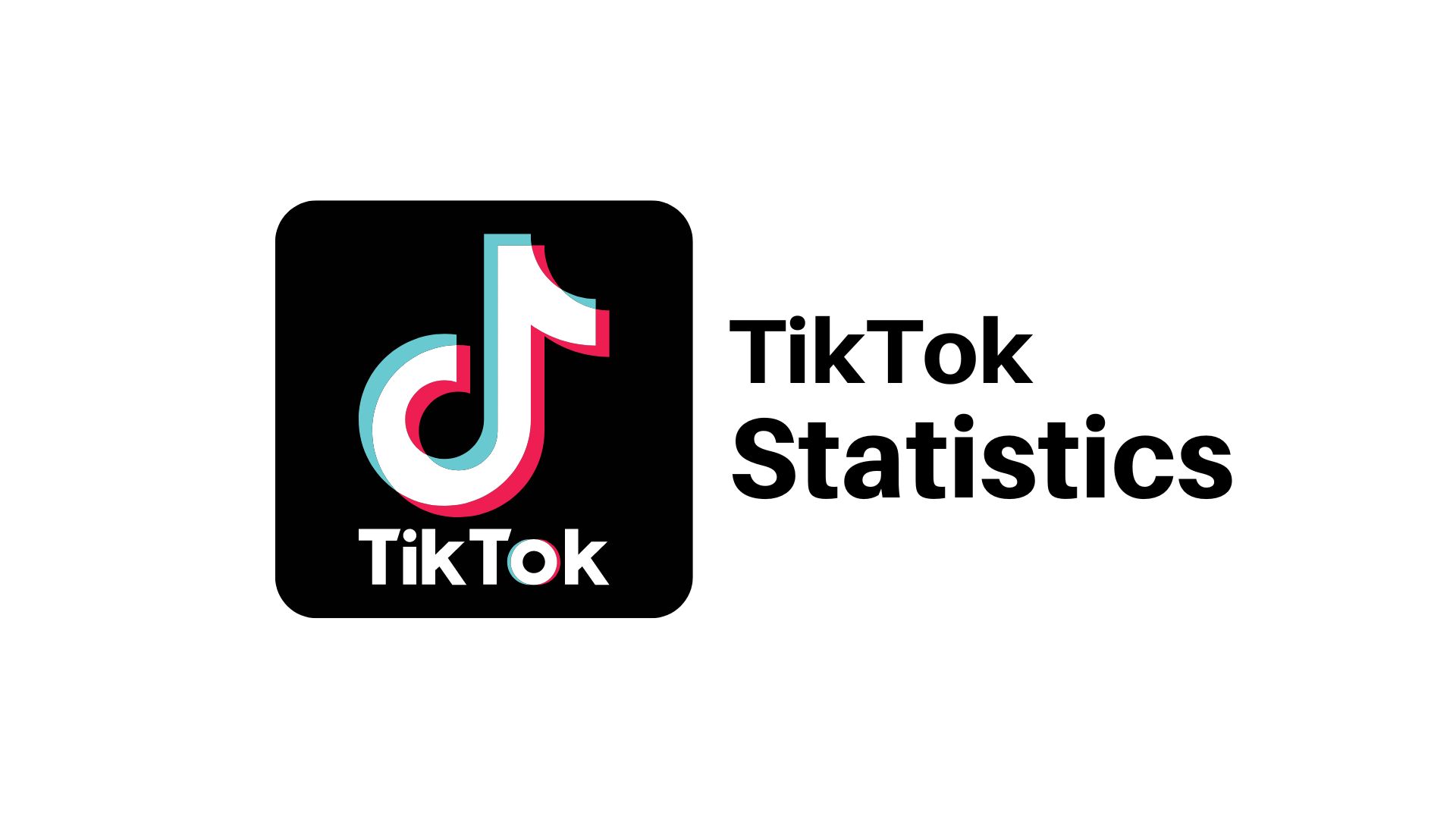Social Shopping at Yahoo
Yahoo Shopping introduced “social commerce” in time for the holiday shopping season.
Yahoo (Quote, Chart) calls its new offering the “Shoposphere”; like the blogosphere, it aims to be a world where users connect and link in multiple ways.
Forrester Research forecast that online sales during the 2005 holiday season would reach a record high $18 billion. And Yahoo is on a mission to handle a large chunk of that.
New features added on Tuesday to the e-commerce section of Yahoo are designed to bring some of the social elements of shopping to the online experience. Community features let users rate products, write reviews and create “best of” lists and search for other people's recommendations.
“We're taking e-commerce and making it user-centric,” said Chris Saito, senior director of product for Yahoo Shopping. “Finding a great review written by a friend you trust is a powerful combination.”
Pick Lists, a beta feature, lets users create a personalized page listing their favorite products. They can assign a theme for lists and personalize them with notes, their names and a photo.
They also can add reviews or descriptions of each product. As in the blogosphere, others can comment on Pick Lists and subscribe to them via RSS (define). Integration with the Yahoo 360 social networking service allows members to see whether the author of a Pick List is connected to them.
Saito said that such “community filters” can help people deal with Yahoo Shopping's massive database of 90 million products.
“This is affiliate marketing for the masses,” said Rob Solomon, vice president of the Yahoo Shopping Group. “It's citizen merchandizing. It's for anyone who has an interest in expressing their personality through products.”
Yahoo expects Pick Lists to be popular with kids and young adults, Solomon said. “It's an interesting new way for kids to express themselves.” Yahoo also will invite celebrities and “influencers” to create lists.
Yahoo plans to start compensating people for this user-generated content, Solomon said. Details were not available, but this might mean that those who write reviews or create Pick Lists might receive a payment from a merchant when someone clicks through from a list to a product. The same could happen when someone buys the product in a structure that mirrors some companies' affiliate marketing programs.
As an alternative, content contributors might receive a share of advertising revenue from ads appearing with their contributions.
In addition to Pick Lists, shoppers can create other lists to be used as wish lists or shopping lists. Coupons, rebates and offers such as free shipping are now integrated with products in Yahoo Shopping Search.
When users click on a product search result, they're now taken to a product overview page that integrates different kinds of information and comparisons, including price comparisons, product specs, user ratings and reviews, editorial reviews, and current deals a particular merchant may be offering. Shoppers can now see if a review was written by someone in their Yahoo 360 community.
Yahoo also perked up the interface for its shopping search, streamlining and organizing it.
“We've evolved from a pure shopping site to a more search-centric shopping destination,” Solomon said. While search itself can bring back product information, shopping-specific search also should include photos, specifications and reviews. “Shopping search is a much different beast,” he said.
At the same time, the company launched a beta version of mobile shopping, allowing cell-phone users to shop or compare prices from anywhere.
Developers can build applications on top of Yahoo Shopping's product search, price compare, reviews, and product specifications via open Web service application programming interfaces now available.
The social networking components of the new Yahoo Shopping are an additional step down Yahoo's path of differentiation from Google.
If Google has the lion's share of the search market, Yahoo is the most-visited Web site, according to audience measurement firm Nielsen/NetRatings.
While Google's mission is to make the world's info available through search, Solomon said today's announcement shows how Yahoo aims to bring human knowledge to bear on the Web.
Article originally appeared on Internetnews.com.
